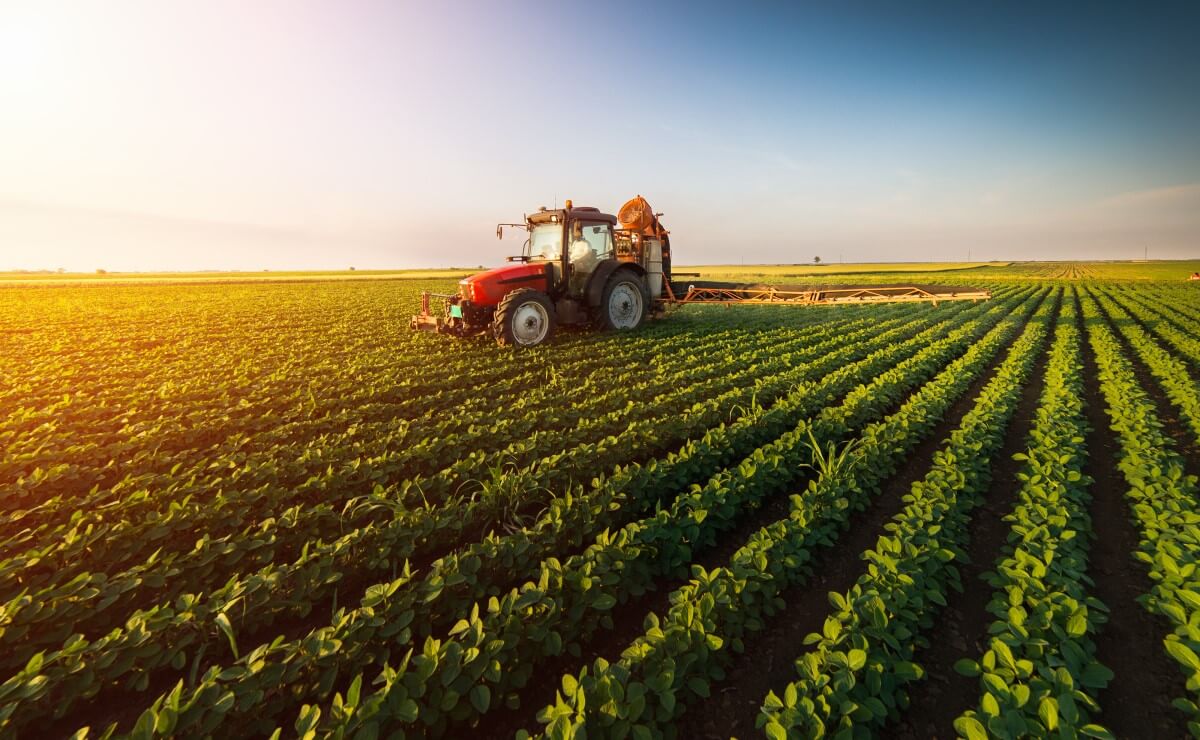New satellite tech will change the agriculture industry
Agriculture is the main source of economic growth in many countries. However, this industry is often unpredictable due to the whims of nature. Even developed countries struggle to rebuild after some natural disasters and third-world economies suffer more greatly.
Take Nigeria, for example. In 2022, heavy rains and floods severely damaged thousands of hectares of land in the country. Consequently, its annual rice and maize production declined by 21% and 12%, respectively. Nigeria has a population of more than 200 million, and for these people, it’s not easy to make their living when floods lay waste to their hard work.
Many other countries are in similar conditions, but sometimes, the solution is simple and readily available. Nigeria decided to try out satellites, hoping to prepare farmers for such events with its help. The country is specifically working to incorporate crop monitoring solutions that are based on satellite data.
UNCTAD, the Chinese Academy of Sciences, and the Alliance of International Science Organizations initially launched this innovative program in 2021. They call it the CropWatch innovation cooperation program, and Nigeria is part of it.
How does this technology work?
Rakiya Babamaaji, an assistant director at Nigeria’s national space research and development agency, noted that the program uses remote sensing data to monitor crops. It can provide useful information for planning the planting or harvest. Moreover, the experts already determined that this program can greatly improve the efficiency and quality of the decision-making process in the country’s agriculture sector.
Currently, Nigerian experts are working to customize the platform according to the local context. CropWatch will help farmers to get crucial information before it’s too late to avoid disaster. This technology will ensure that people are much more successful in farming and other endeavors connected with climate-related conditions. The system will monitor crop growth by using satellite data. Moreover, it will deliver climate change information to help people improve farm management.
Ms. Babamaaji from NASRDA’s natural resources management division stated that the skills and techniques acquired through this program would greatly complement the government’s efforts to revive the Nigerian agricultural sector.
Moreover, this experience will help other developing country, which are struggling in the face of similar obstacles. Economists often point out that earth observation and crop monitoring technologies are especially important for the agricultural sector. But these services don’t come cheaply, and developing nations often can’t put aside enough funds to purchase them.
The CropWatch program aims to help as many countries as possible. Hopefully, in time, this technology will become more readily available.
The post New satellite tech will change the agriculture industry appeared first on FinanceBrokerage.























